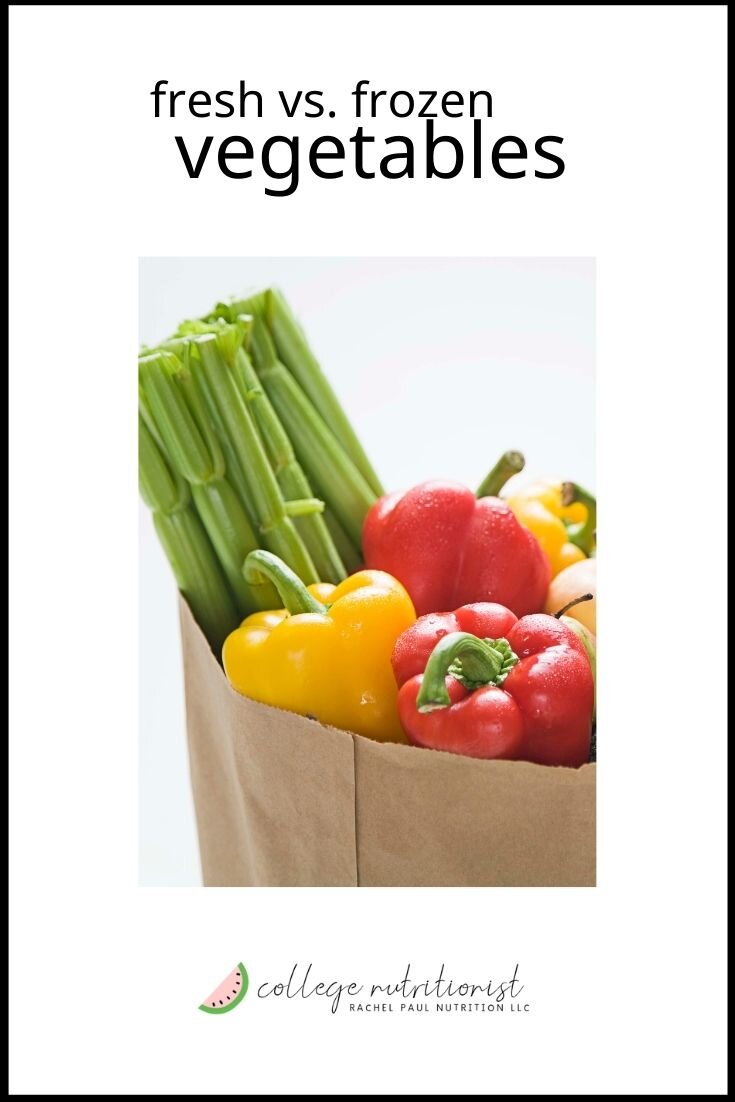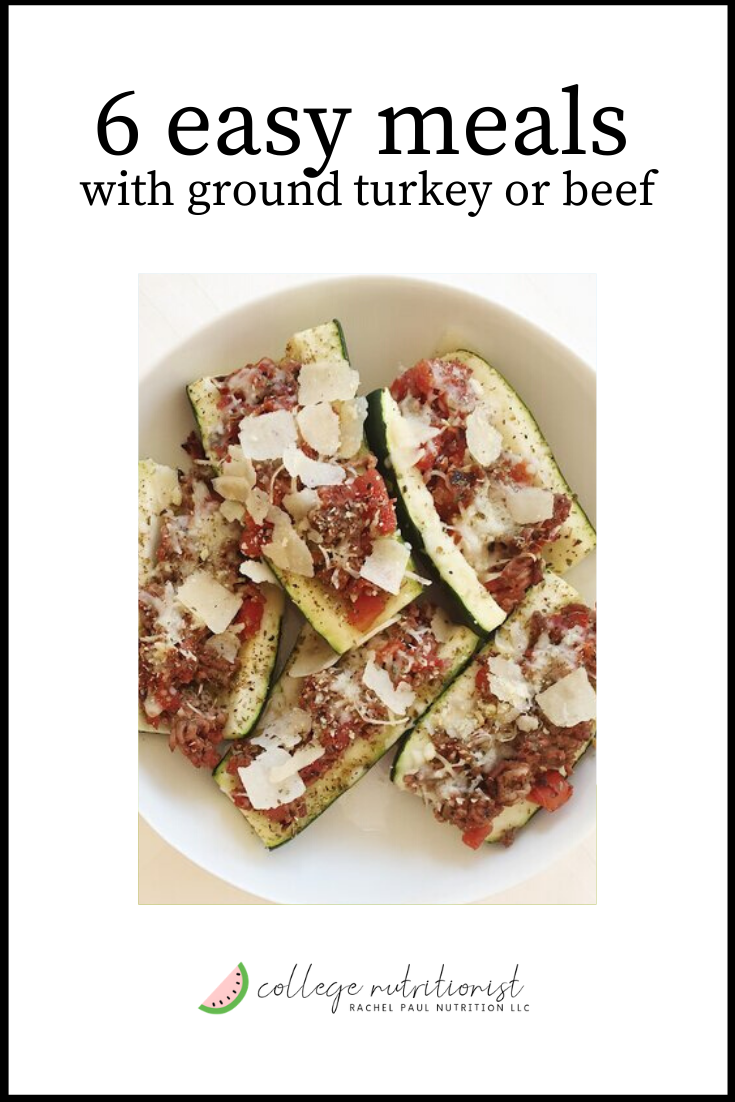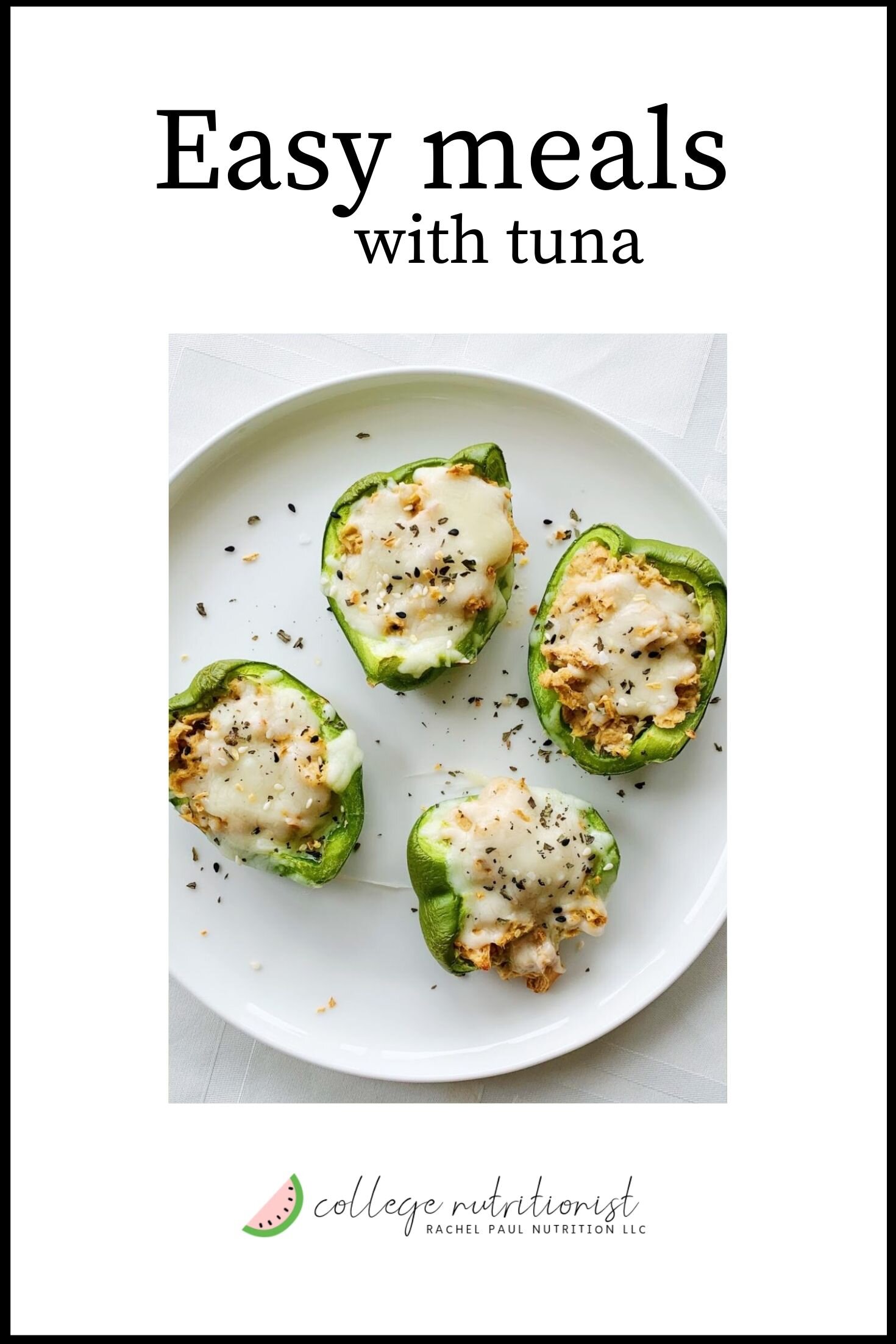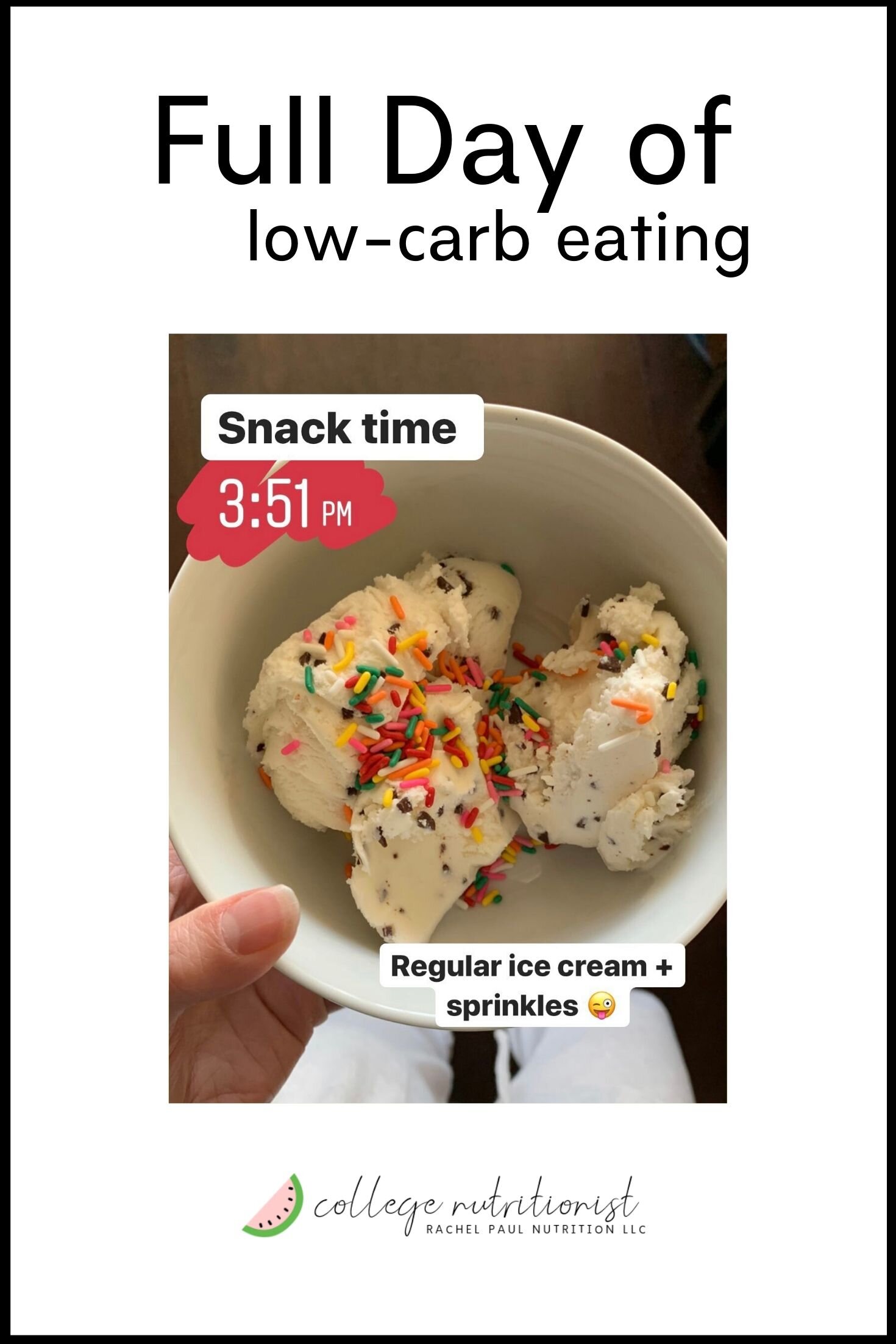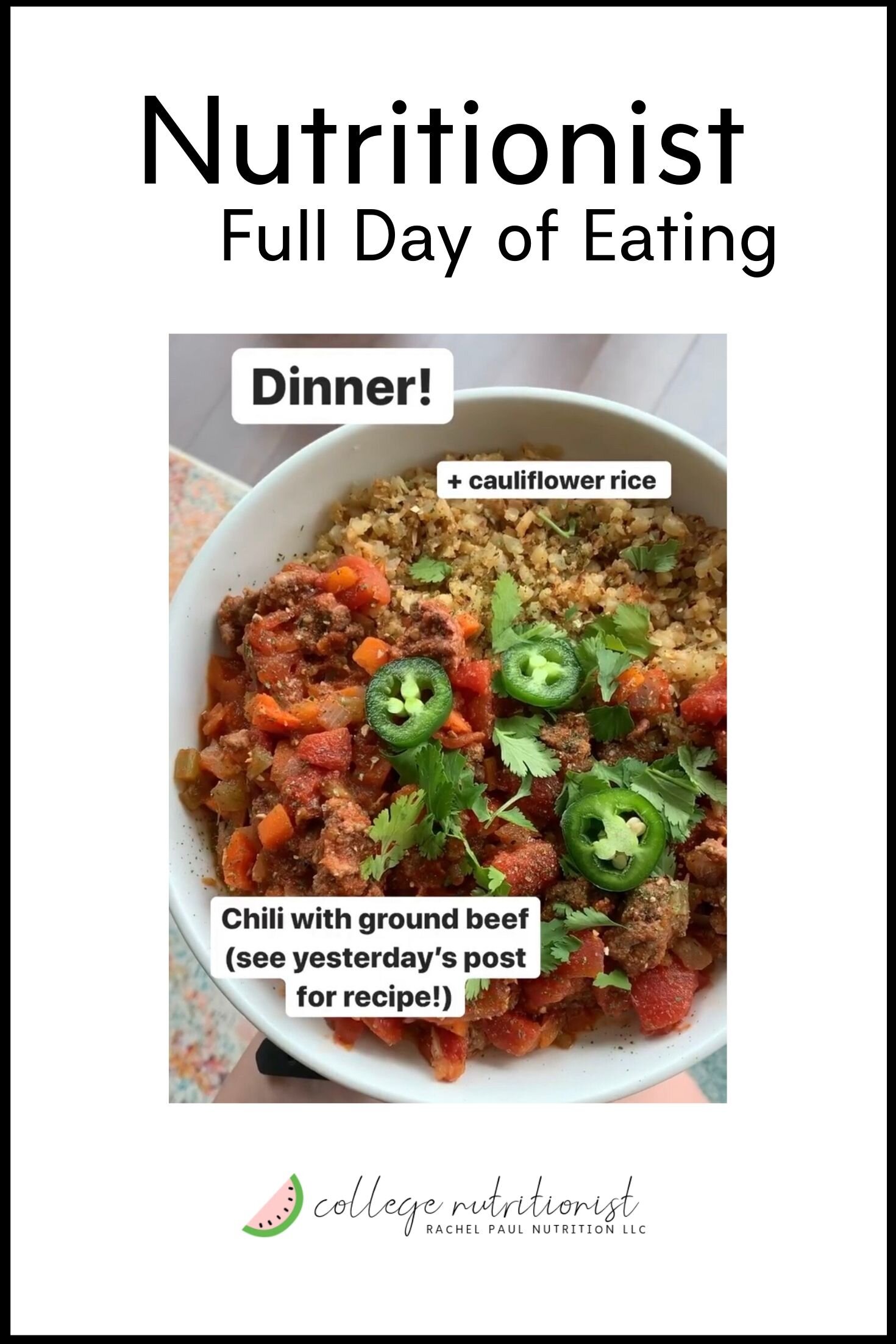Vegetables. We all know that we probably need to be eating more of them. But often our good intentions in the grocery store result in fresh fruits and vegetables slowly going off in the back of our fridge. Limp broccoli, slimy spinach, and soft carrots. Gross. Not to mention a terrible waste of resources growing that food, getting it to our fridges and money that we could have spent on other things!
What’s the alternative though? Making regular trips to the supermarket to top up our vegetables for the week can result in additional impulse purchases that add up. Or the supermarket is just too far away to make it there several times a week. We skip the vegetable section and go for pre-packaged meals which leads to unhealthy meals. Or we don’t have the supplies on hand so opt for delivery rather than cooking. Easily done at the end of a long day. None of these options is ideal. That’s why you need to think about what you want to have available fresh and what you can swap out for frozen alternatives. This means you’ll always have some vegetables on hand.
Which Is Better: Fresh Or Frozen Vegetables
Some vegetables are not designed to be frozen. Others it’s so cheap to get them while they are in season you should eat them fresh. Others start to lose their nutritional value as soon as they are picked, so having them snap frozen is actually better for you than their fresh counterparts. Both frozen and fresh veggies have their benefits and cases when they make more sense. Here’s a guide to know whether to get fresh or frozen fruits and vegetables.
Fresh Vegetables
Crisp fresh veggies for dipping in hummus. Salad greens. Tomatoes sliced on toast. There are some times when fresh is called for.
Although you can buy tinned tomatoes, which are great for certain recipes, I can’t go past beautiful fresh tomatoes, on the vine. Perfect on toast, in salads or sliced on top of a quiche.
Looking for seasonal fruits and vegetables is important when you’re buying fresh. If it’s out of season, it’s likely to have been picked when it’s not ripe and ripened off the tree, bush or vine. That means it’s not able to gather all those vitamins and minerals that you’re hoping for.
Another factor here is buying as locally as possible. Some things we don’t grow here, like bananas, but there are plenty of other wonderful fruits and vegetables which we do. This means that they don’t have to be stored for as long and they’re likely to get to the supermarket much fresher and still full of their water soluble vitamins.
There’s another case when fresh fruits and veggies make more sense than frozen veggies and fruit. If there’s a long distance between the grocery store and your home, frozen veggies might thaw. And frozen fruits and vegetables that are thawed should not be frozen again. So, if that’s the case with you and there’s a long distance between the store and your home, you will be better off with fresh fruits and veggies.
Frozen Vegetables
Smoothies. Chilis. Stir Fries. Soups. Again, there are sometimes when fresh and frozen produce are interchangeable. If you’re just going to throw the green beans into hot water do they really need to be fresh?
Frozen spinach is a good option because it begins to lose its water soluble nutrients as soon as it is picked. This means that if it is sitting in the back of your fridge for a few weeks, that nutrition that you think you’re going to get out of it is long gone. The nutrients in frozen spinach are locked in when its picked, so pop a bundle of frozen goodness in your next smoothie.
Some studies have actually shown that because fresh vegetables are losing their nutrients over time, frozen can actually be higher in certain nutrients as it is locked in shortly after they are picked, when the freezing process starts. One study showed that green peas lose half their vitamin C in the first 24-48 hours! It also found that the vitamin C was higher in frozen corn, green beans and blueberries than in the fresh versions. So maybe it’s time to head to the chiller section to avoid nutrient losses!
Frozen fruits and vegetables also have a long shelf life, aka they’ll be good in the freezer for a long while, so if you don’t know when you’ll be eating something and you need it to last longer, frozen veggies make more sense.
A great option if you’re feeling a bit chef like is to freeze your own vegetables when they’re in season to have on hand for the rest of the year. Because of the amount of water in most fruits and vegetables, you want to ensure that water doesn’t turn into ice crystals destroying the taste. A quick blanch (dip in boiling water) is the best cooking method, pre-freezing to ensure they retain their goodness.
When looking for frozen vegetables, make sure you’re choosing ones without any added sugar or salt.
If you’re on a budget frozen food can be a life saver compared to fresh fruits and vegetables, because they’re a lot more cost effective. Keeping fresh produce healthy all the way from the farm (wherever that may be) to your grocery store requires a lot of effort which means that the costs are passed on to you. Switching to frozen food can be a real budget saver.
Bottom Line
Eating enough fruits and vegetables is a cornerstone of any healthy diet. Whether these are fresh, frozen or canned is of slightly less importance. There are some products which you need fresh, others are better frozen. But if your budget only stretches to frozen, it’s better to do that than not consume enough fresh options. And don’t feel that you’re not going to get enough nutritional value out of the frozen options. Study and study have shown this isn’t the case and that you’ll get just as much goodness out of them.
Think about the benefits of each one, and decide which is the right option and when, since both frozen and fresh fruits and veggies have their benefits.
If you need something more cost effective, go with frozen veggies. The same goes if you need something with a long shelf life, and if you’re worried about nutrient losses from fresh fruits and vegetables when they get picked (as we mentioned the freezing process stops the nutrient losses). If there’s a long distance between the store and your home, buy fresh fruits and vegetables.
